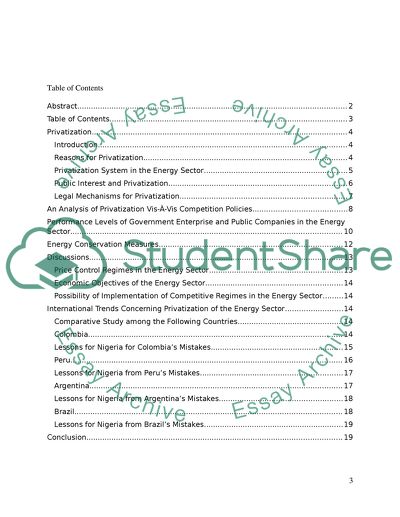Cite this document
(“What can Nigeria learn from the previous mistakes in electricity Research Paper”, n.d.)
Retrieved from https://studentshare.org/law/1398135-what-can-nigeria-learn-from-the-previous-mistakes
Retrieved from https://studentshare.org/law/1398135-what-can-nigeria-learn-from-the-previous-mistakes
(What Can Nigeria Learn from the Previous Mistakes in Electricity Research Paper)
https://studentshare.org/law/1398135-what-can-nigeria-learn-from-the-previous-mistakes.
https://studentshare.org/law/1398135-what-can-nigeria-learn-from-the-previous-mistakes.
“What Can Nigeria Learn from the Previous Mistakes in Electricity Research Paper”, n.d. https://studentshare.org/law/1398135-what-can-nigeria-learn-from-the-previous-mistakes.


